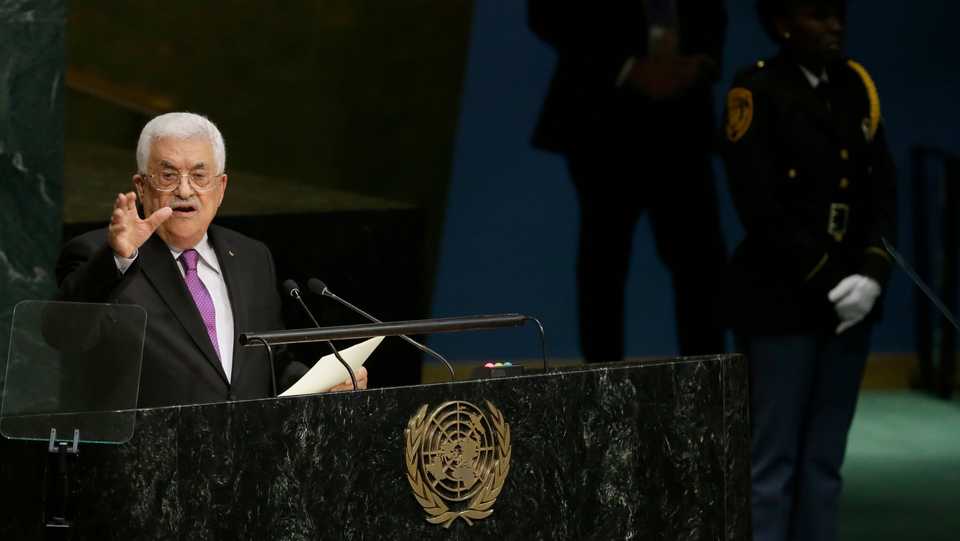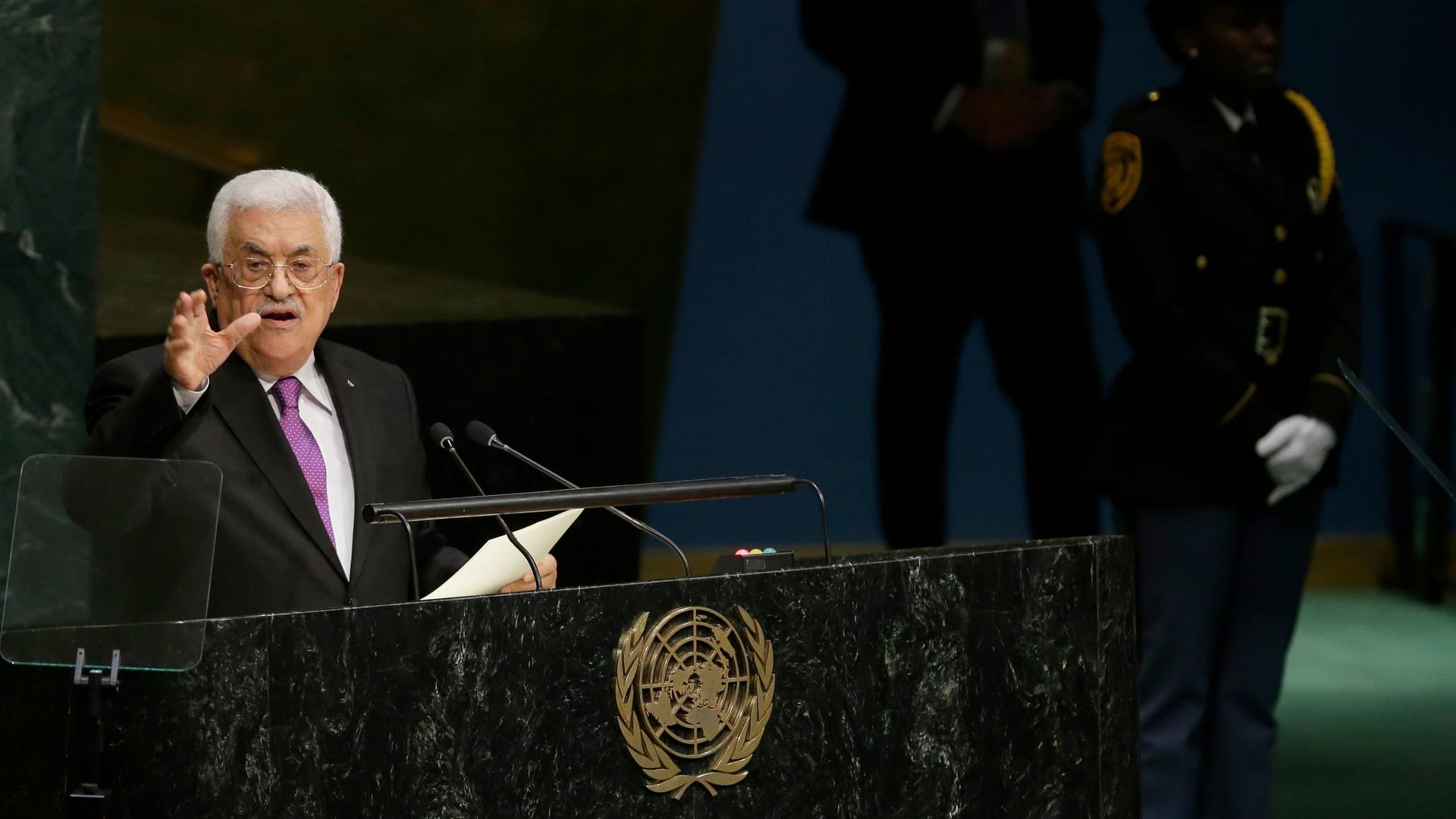
The United States on Monday vetoed a draft United Nations Security Council (UNSC) resolution rejecting President Donald Trump’s decision to recognise Jerusalem as Israel’s capital. This came despite the measure being backed by all 14 other Security Council members.
Turkey had criticised the US on its veto, saying it was an indication of “lost objectivity,” and declared that it would take the decision to the United Nations General Assembly (UNGA).
“All countries except for the Trump administration acted in unity on this vote. Now the UN General Assembly period will start,” Ibrahim Kalin, the presidential spokesman, said on Twitter.
BM Güvenlik Konseyindeki ABD’nin Kudüs kararını geçersiz sayacak olan karar, ABD’nin vetosuyla 14’e 1 reddedildi. Trump yönetimi dışında bütün ülkeler bu oylamada birlik içinde hareket etti. Şimdi BM Genel Kurulu süreci başlayacak.
— Ibrahim Kalin (@ikalin1) December 18, 2017
The Turkish foreign ministry declared on Wednesday that Foreign Minister Mevlut Cavusoglu and his Palestinian counterpart Riyad al Maliki are heading to New York to start the process.
Turkish President Recep Tayyip Erdogan has taken a lead position in opposing the US move to recognise Jerusalem as Israel’s capital, and hosted representatives from more than 50 Muslim countries in Istanbul on December 13, for an Organisation of Islamic Cooperation (OIC) summit in response to the move.
OIC declared East Jerusalem as the capital of Palestine after the summit.
Is it possible to circumvent a UN Security Council Veto?
As the UNGA’s first resolution, the Uniting for Peace (UfP) resolution was adopted in November 1950 as a US initiative to overcome Russia’s vetoes at the UN Security Council during the Korean War.
The resolution allows matters vetoed at the Council to be readdressed at the UN General Assembly.
The resolution maintains that if the Security Council fails to promote international peace when an issue is vetoed at the Council, it can be taken to the UN General Assembly, where a two-thirds of the members present and voting is needed to pass a resolution instead of the approval of the five permanent members.
The US, Russia, United Kingdom, France and China are the five permanent members of the UNSC.
However, the General Assembly’s powers are limited to only making recommendations, which makes the significance of the resolutions questionable.
When ‘Uniting for Peace’ works, and when it doesn’t?
The resolution proved effective in solving the Suez Canal Crisis in 1956. Britain and France vetoed Security Council resolutions demanding their withdrawal since they were occupying parties of the canal. With the US’ initiative, the General Assembly, during a “Uniting for Peace” session, was able to pass a resolution resulting in their withdrawal.
However, not every UN member state took heed of every Uniting for Peace resolution. When a resolution calling for the Soviet Union’s withdrawal from Afghanistan passed in 1980, Russia did not take any action.
Rather than being a democratic move to correct the imbalance of power, the resolution has served as a tool that permanent members of the UNSC, especially the US and Russia, often use to override each other’s vetoes. When Arab states wanted to bypass the US veto on the Israeli occupation of Palestine by invoking the UfP resolutions, the efforts did not yield any results. The 10th emergency session, which was on Palestine and which first assembled in 1997, has still not been formally closed.
After the UfP resolution was implemented, various matters were passed to the General Assembly 12 times, three of them on Palestine, which were vetoed by the US at the Security Council. UfP cases mostly included matters of foreign occupation and intervention.
Can the General Assembly prompt collective action against the US decision?
According to the UfP, the General Assembly is able to recommend collective action, including the use of force.
According to the Audiovisual Library of International Law at the UN, the UfP resolution has the potential to challenge ‘’the well-equilibrated’’ balance of power within the United Nations. At the same time, at the UN legal library, non-permanent members are described as ‘too weak’ to challenge the decisions made at the Council.
On Thursday, these non-permanent members will start to discuss the US-vetoed resolution. But even if it passes the UNGA, it is a possibility that President Trump could turn a deaf ear to the decision as he did for the previous UNSC resolutions, sticking to his decision.










Discussion about this post